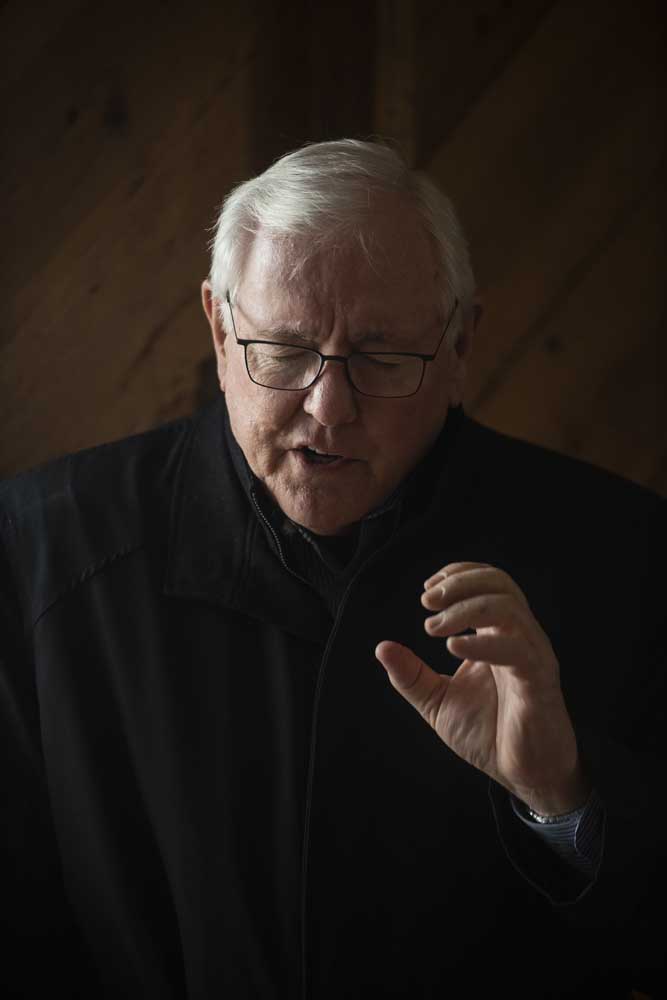Why your sandwich doesn’t cost $1,500
Published 4:46 am Sunday, September 27, 2015
There is wisdom in sandwiches. At least, there’s a valuable economic lesson in this sandwich, though it cost $1,500 and took six months to prepare.
You might have heard the story. Andy George wanted a sandwich, but he also wanted to make it himself. He wondered what it would take to actually produce the ingredients himself – every single one.
“I spent six months and $1,500 to completely make a sandwich from scratch,” he writes. “(That included) growing my own vegetables, making my own salt from ocean water, milking a cow to make cheese, grinding my own flour from wheat, collecting my own honey and killing a chicken myself.”
As for the final product, George said his sandwich “wasn’t bad.”
There’s an important economics lesson here. The free market is a wonderful thing. It results in an efficient division of labor, cooperative production and all the economic and cultural benefits of trade. It makes inexpensive sandwiches possible.
In many ways, George’s experiment was an updating of economist Milton Friedman’s pencil parable. In his 1980 series for PBS, Friedman explained how a simple pencil symbolizes the efficiency of the free market.
“Look at this lead pencil,” he said. “There’s not a single person in the world who could make this pencil. … The wood from which it is made, for all I know, comes from a tree that was cut down in the state of Washington. To cut down that tree, it took a saw. To make the saw, it took steel. To make steel, it took iron ore.”
The graphite pencil lead and the rubber eraser each come from different parts of the world, produced through highly specialized processes. That goes for the brass ferrule, the yellow paint and the glue that holds it together.
“Literally thousands of people cooperated to make this pencil,” Milton said. “People who don’t speak the same language, who practice different religions, who might hate one another if they ever met.”
But trade encourages cooperation instead.
“What brought them together and induced them to cooperate to make this pencil?” Friedman asked. “There was no commissar sending out orders from some central office. It was the magic of the price system: the impersonal operation of prices that brought them together and got them to cooperate, to make this pencil, so you could have it for a trifling sum.”
And this is the lesson of the $1,500 sandwich.
“The inefficiency of making even something as humble as a sandwich by oneself, without the benefits of market exchange, is simply mind-boggling,” writes the Cato Institute’s Chelsea German. “There was a time when everyone grew their own food and made their own clothes. It was a time of unimaginable poverty and labor without rest.”
Free market capitalism is under attack these days, from presidential candidates such as Sen. Bernie Sanders and others. That’s a shame, because nothing in the history of mankind has ever improved standards of living like free trade has.
Think about that next time you make a sandwich.








